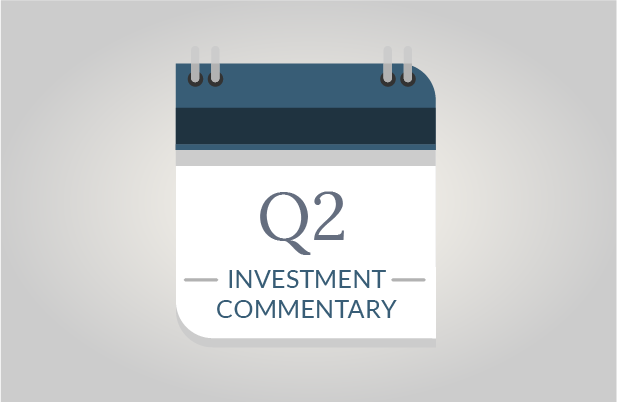It’s time to wish a joyous ‘Happy Birthday’ to the second longest bull market in history! March 9, 2018, marks nine years of prosperity for the stock markets, following the depths of the Great Recession in 2008. If you’ve been invested in stocks over the past nine years, you have prospered, gaining greater wealth potential.
As we enter the 10th year of a bull market, now’s a critical time to ask yourself some key investment questions. SageVest Wealth Management offers 5 key considerations on the bull market’s ninth anniversary, to ensure your portfolio continues to flourish, while also protecting yourself against the inevitable market correction.
Do You Know How You’re Invested?
You’d be surprised by how many investors don’t know how their investments are positioned, particularly across all of their accounts. If you don’t know how much you have invested in stocks versus cash and bonds, it’s time to do some research.
It’s also time to dig deeper and learn about the risk-reward structure of your various investments. Not all stocks and bonds are equal. For example, high yield bonds might afford greater yield potential, but they can also fall just like stocks during a down-market cycle. Similarly, certain equities are more prone to risk, such as real estate and emerging markets.
If you don’t know how you’re positioned at either the aggregate level or down to the investment detail, it might be time to talk to your advisor or hire a professional.
How Did You React During The 2008 Great Recession?
One of the best investment questions you can ask yourself, particularly when you’re close to all-time market highs, is how you reacted during the last market downturn in 2008 Did you hold your investments, allowing them to recover, or did you sell out of fear, thereby locking in losses?
If you couldn’t stomach the risk then, it’s better to reduce your risk now, while we’re at attractive prices, instead of selling too late when the markets correct. Remember, the number one investment principle is buy low and sell high.
How Do Your Investments Need To Be Positioned Today?
While it’s important to consider how you reacted during the last market downturn, it’s also important to recognize that almost a decade has elapsed. Chances are that your life has changed since then. Certainly, you’re older, meaning you’re closer to retirement or perhaps have already retired. Your current financial needs and outlook could alter your reactions during the next market downturn, making you feel more confident or more apprehensive.
Have You Repositioned And Rebalanced As The Markets Have Gone Up?
A key element of investment success is rebalancing your portfolio. This means taking profits as stocks prosper, and buying back in when they decline. If you haven’t adjusted your investment mix in the past year, your equities have likely swelled as a percentage of your portfolio. This means your risk exposure has also increased. Again, if you don’t know the answer to this question, it’s time to ask yourself if you’re being diligent enough in managing your assets, or if it’s time to hire a wealth professional.
Will You Be Comfortable Buying When We Have A Market Correction?
Following the investment principle of buying when stocks are low, you need to ask yourself if you have excess capital in cash and bonds to buy when stocks inevitably fall. High equity allocations allow you to prosper when stocks do well, but they constrain buying potential when prices decline. Be sure to ask yourself if you have enough in cash and bonds to cover your liquidity needs, with a little extra left over to buy once attractive prices emerge.
There are many reasons to believe that this bull market could continue, ultimately gaining standing as the longest bull market in history. Overall, business is strong throughout most of the economy, following years of economic stimulus. We also have an ultra-strong pro-business administration. Recent tax reform positions US companies to be more competitive, hopefully bringing more business activity and jobs back to the United States.
However, while virtually all cylinders are revving in the economy, there are risks to be mindful of, such as rising interest rates and potential trade wars. We can’t say when a market correction or the onset of a bear market will happen, but we can say that it will, as corrections are inevitable. Furthermore, we’re now in the mature phase of a bull market cycle. It’s an important time to be mindful of your long-term investment strategy with an all-weather investment mix.
SageVest Wealth Management proudly serves as a fee-only fiduciary advisor, helping individuals, families, and small business owners to grow, preserve, and enjoy their wealth. We provide active investment management and embed financial planning in every client relationship, rendering a true wealth management approach. Please contact us to discuss your investments and financial future in greater detail.




